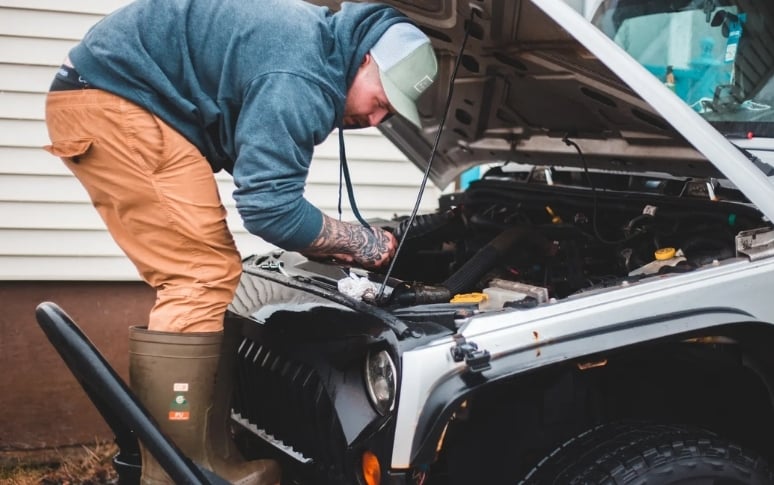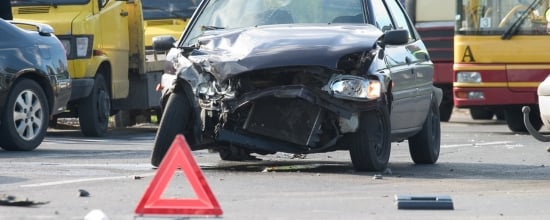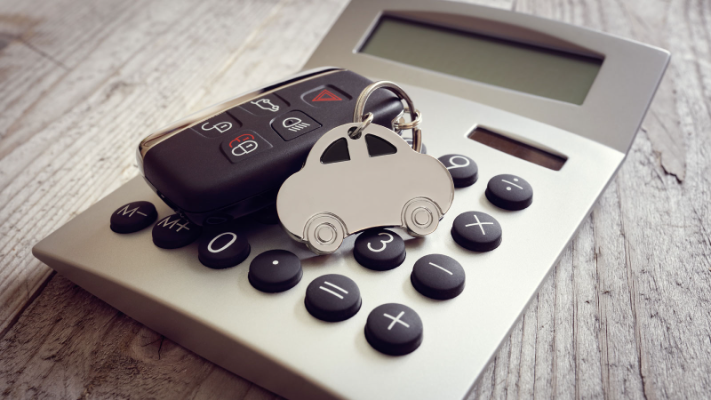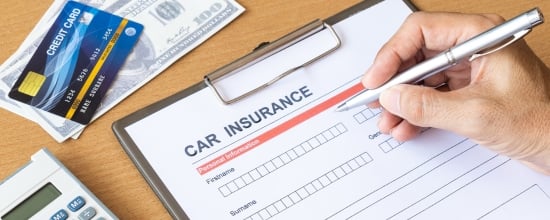1. Move to Safety and Check for Injuries
Your immediate safety is the top priority after any collision, no matter how minor. If possible, move your vehicle to the shoulder or a nearby parking lot to avoid creating a traffic hazard or risking a secondary collision.
Check yourself and your passengers for injuries, even if you feel fine – adrenaline can mask pain, and some injuries don't appear immediately. If anyone is seriously hurt, try to keep them still until medical help arrives.
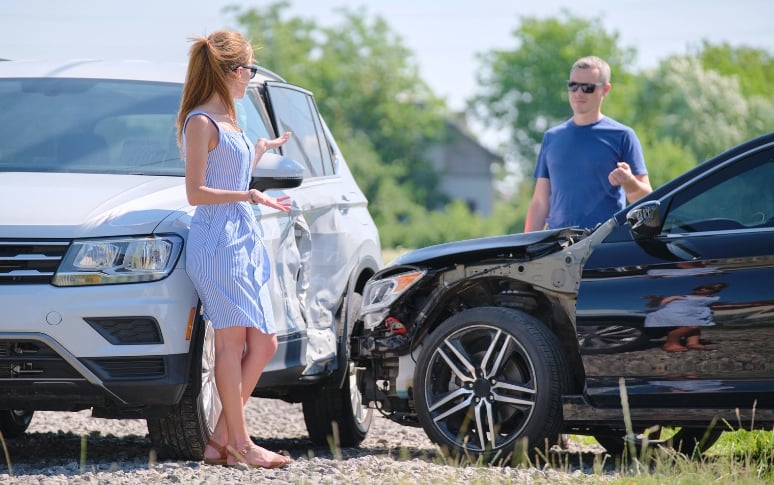
2. Call 911 and Report the Accident
Contacting police after an accident is essential, even for minor fender-benders. The responding officer will create an official accident report that serves as a neutral third-party account of what happened – crucial documentation for insurance claims and potential legal proceedings.
Be sure to get the officer's name, badge number, and information on how to obtain a copy of the report, which typically becomes available within 3-5 business days.
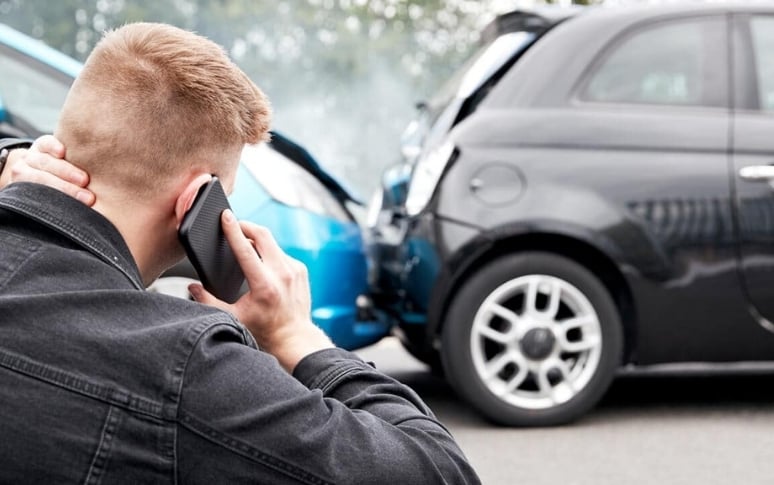
3. Exchange Information with Other Drivers
Gathering complete information at the accident scene can save you significant headaches later. Exchange names, phone numbers, addresses, driver's license numbers, license plate numbers, and insurance details with all drivers involved.
Take photos of their insurance cards and driver's licenses if possible. Be thorough but avoid discussing faults or making statements. Stick to exchanging factual information only, as anything you say could potentially be used against you during the claims process.

4. Document Everything at the Scene
Your smartphone is your most valuable tool for preserving evidence after an accident. Take extensive photos of all vehicles involved from multiple angles, capturing both the damaged areas and the overall condition of each car.
If there are skid marks, debris, or environmental factors that might have contributed to the crash, document those too. Also, collect contact information from any witnesses, as their statements could prove invaluable if there's a dispute about what happened.
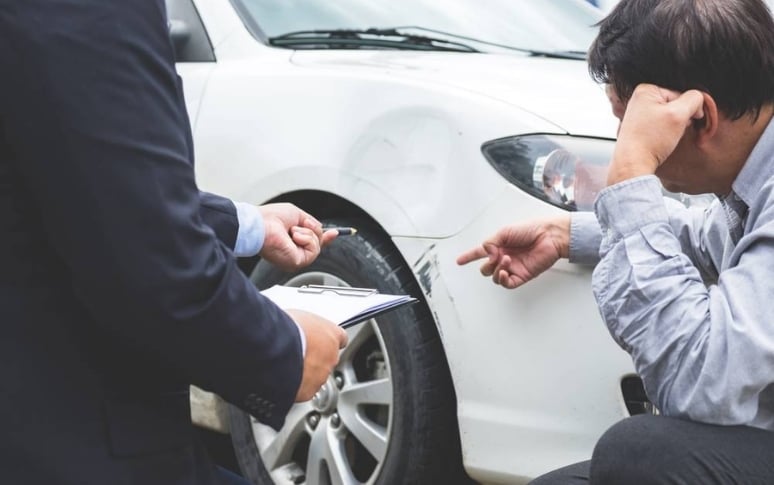
5. Seek Medical Attention
Many serious injuries don't fully manifest until hours or days after an accident. Whiplash, concussions, and internal injuries can have delayed symptoms that worsen over time. Medical professionals strongly recommend getting checked out after any collision.
This medical documentation creates an official record connecting any injuries to the accident – crucial for insurance claims and potential compensation. Without prompt medical attention, insurers may argue that your injuries weren't serious or weren't caused by the accident.
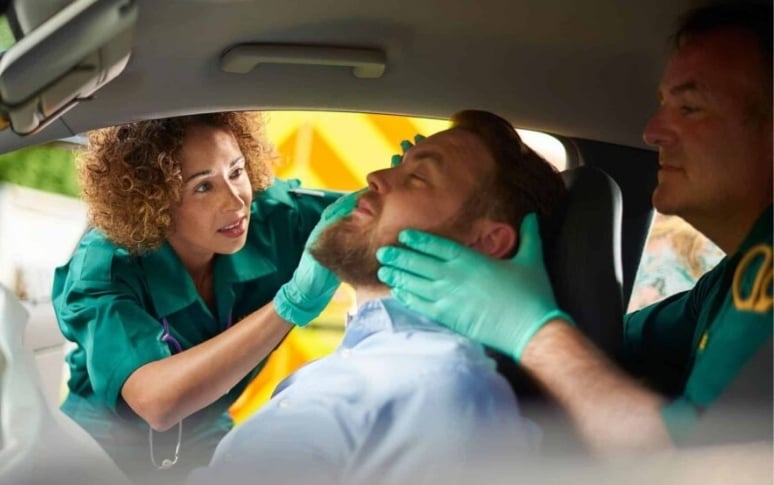
6. Notify Your Insurance Company Promptly
Contact your insurance provider as soon as possible after an accident, ideally within 24 hours. Provide the basic facts about what happened, but avoid speculating about fault until you've had time to process the event fully.
Ask your agent about coverage for a rental car if your vehicle isn't drivable, and clarify what your policy covers regarding towing, storage fees, and medical expenses. Remember that this initial report doesn't obligate you to file a claim.

7. Consider Whether to File an Insurance Claim
The decision to file an insurance claim requires careful consideration of several factors. Even for damages slightly above your deductible, consider that filing a claim could potentially raise your premiums by 20-40% for the next three years.
However, for significant damage or any injuries, filing a claim is usually the best option. If the accident wasn't your fault, your insurer can pursue compensation from the other driver's insurance through a process called subrogation.
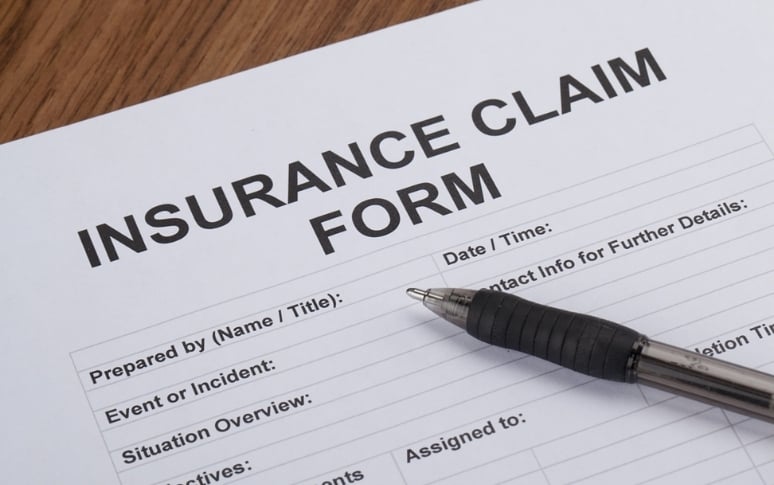
8. Understand Diminished Value Claims
Even after perfect repairs, your vehicle may lose significant market value simply because it has been in an accident. This reduction in value is called "diminished value." If the accident wasn't your fault, you may be entitled to compensation for this diminished value from the at-fault driver's insurance.
These claims are typically most successful for vehicles less than five years old with relatively low mileage. Consider hiring an independent appraiser to document the pre-accident and post-repair values.
